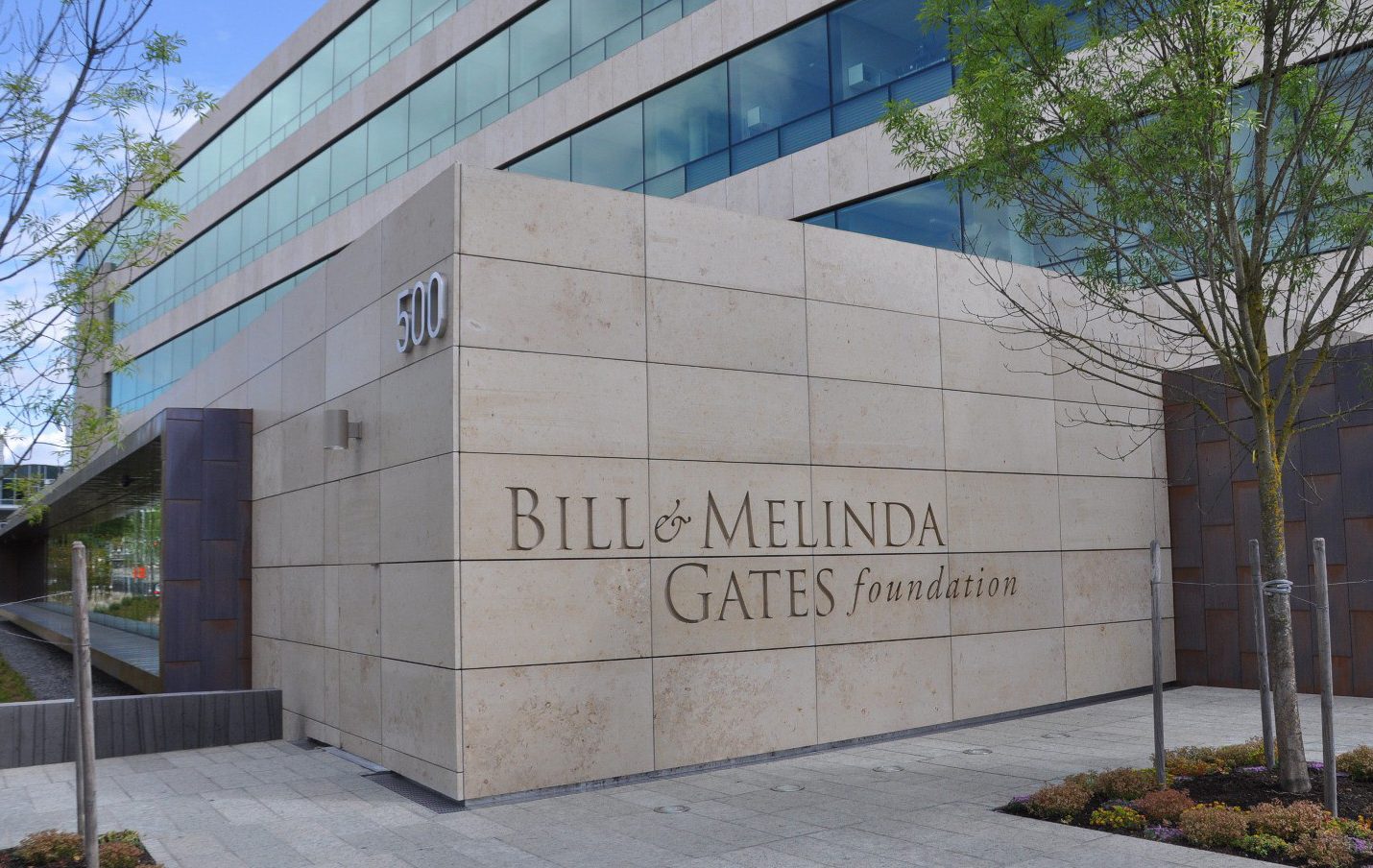
Opening concert of Annual Meeting 2025 in Davos-Klosters to address glacier melt in Antractica
The opening concert of the Annual Meeting 2025 in Davos-Klosters will address the pressing issues ...

The Bill & Melinda Gates Foundation has allocated $ 5 million in grants for 50 projects selected aiming at developing global health and development solutions for their communities using AI-enabled large language models (LLMs).
The nearly 50 selected projects from 17 low- and middle-income countries (LMICs) are aligned with the foundation’s goal of fostering a global innovation ecosystem in places where it will have the most impact. Each recipient will receive up to $100,000 to advance its research project. The findings of these projects will be shared at the Grand Challenges Annual Meeting in Dakar, Senegal, this October.
Responsible and safe use of AI-driven LLM technology has the potential to help solve some of the world’s toughest health and development challenges. However, for these models to be useful in LMICs, researchers in LMICs need to participate in the design, application, and testing of this technology as it rapidly evolves. A robust evidence base will fill gaps in access and our knowledge about the application of such tools to address problems across LMICs in an equitable way.
“Too often, advances in technology deliver uneven benefits in many parts of the world due to existing patterns of discrimination, inequality, and bias,” said Juliana Rotich, co-founder of iHub, an incubator for Nairobi’s young technology entrepreneurs and who has agreed to serve on the foundation’s new AI Ethics and Safety Advisory committee. “AI is no different, with most of the tools being developed in the Global North using data from lower-resourced regions that is often incomplete or inaccurate. To realize the full potential of AI, it must be developed responsibly and ethically, with the needs of the end user in mind. Solutions can be transformative when they are locally inspired.”
“The vibrant energy, boundless creativity, and unwavering commitment from innovators to tackle the most vexing challenges has sparked a wave of interest and excitement in the positive impact AI can have in the lives of the vulnerable,” said Zameer Brey, interim deputy director for Technology Diffusion at the Gates Foundation. “These local innovators are harnessing the seismic power of AI and LLMs in ways that can be paradigm-shifting for their local communities and beyond. We believe the most impactful technological advancements include those that begin and end with the people they affect most.”
Prompted by Grand Challenges to build upon existing technologies, researchers will work to address a wide range of health and development challenges throughout LMICs. Examples include how LLMs can help frontline health workers in India, where one woman dies every 20 minutes in childbirth, improve the management of high-risk pregnancies; tailor agricultural advice to individual smallholder farmers in Uganda, who are exposed to the devastating effects of crop diseases and pests; provide teacher coaching to improve educational outcomes in Mali; and give critical financial advice through a voice-to-text interface to rural women farmers and business owners in Nigeria.
“For 20 years, the foundation has sought and seeded innovation to solve the world’s hardest problems. We believe that accelerating progress in health and development requires collaboration among innovators from as many disciplines and as many countries as possible,” said Kedest Tesfagiorgis, deputy director of Global Partnerships & Grand Challenges at the Gates Foundation. “Maximizing the potential of AI requires a global community of creative thinkers bringing their unique perspectives and learning from each other.”
As these projects get underway, the foundation is eager to continue working with and learning from partners around the world to ensure the benefits of AI are relevant, affordable, and accessible to everyone, with an emphasis on LMIC communities, in a manner that upholds safety, ethics, and equity.
The opening concert of the Annual Meeting 2025 in Davos-Klosters will address the pressing issues ...
Juhayna Food Industries proudly announced that its agricultural arm, El Enmaa for Agricultural Development, has ...
The United Nations Environment Program (UNEP) and several partners launched a pilot project to build ...


اترك تعليقا